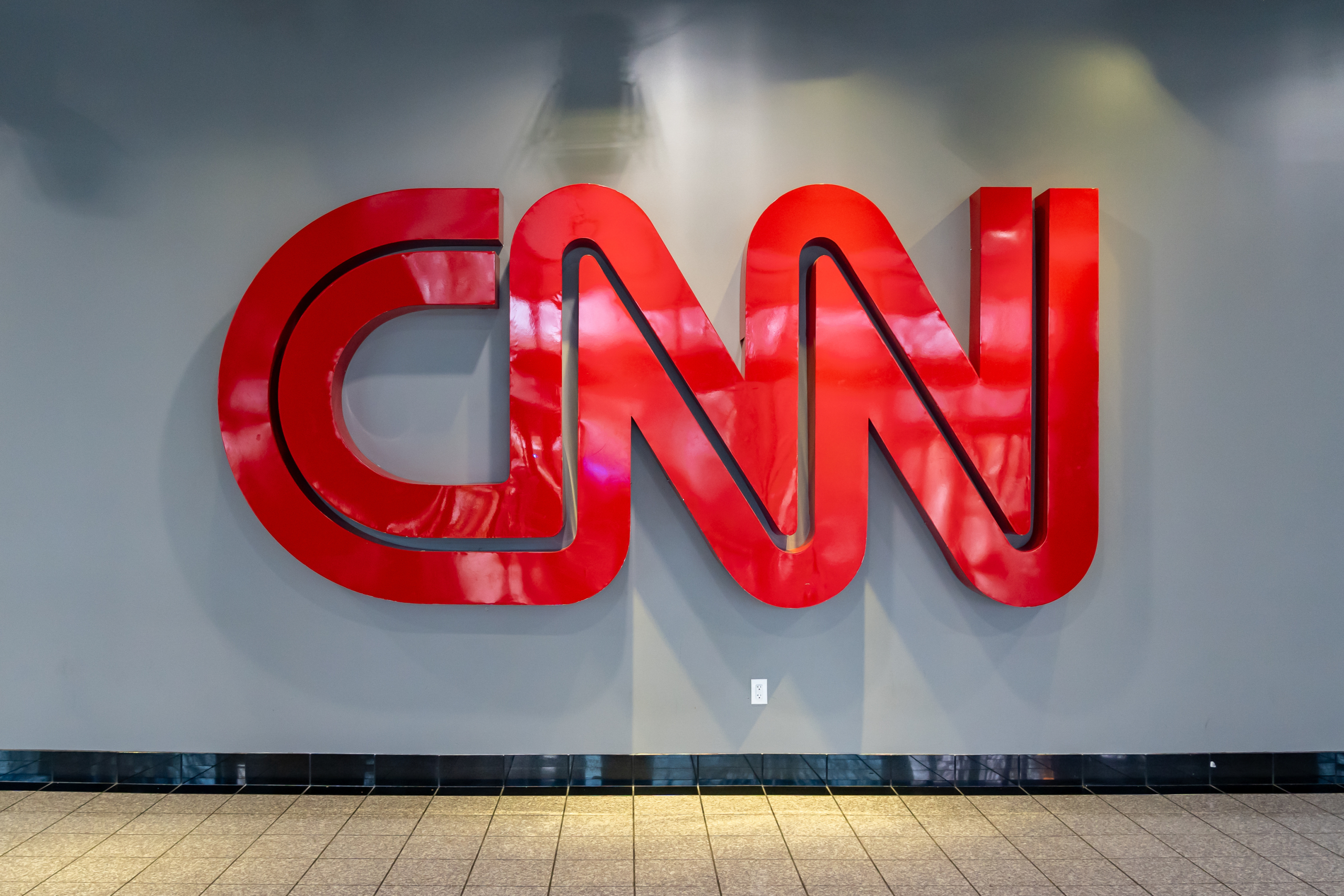Sign up for The Media Today, CJR’s daily newsletter.
Last week was a tale of two stories for CNN. The best of the network, and the worst, all at once.
On September 2, senior national correspondent Kyung Lah reported the rapidly increasing rate of evictions in Houston, mostly attributed to the economic crisis shaped by the pandemic. Lah embedded with an officer in charge of evicting tenants and interviewed people who were kicked out of their homes and onto the street at a time of roiling uncertainty. Lah also interviewed Francisco Munoz, hired by a landlord to physically remove tenants’ belongings from their apartments during the eviction process. “I have a family. I have a sister. I have, you know, my mom. And we never know,” Munoz explained, through tears. “Maybe today it’s her, tomorrow it’s me, you know.”
The piece was informative and heartfelt, and provided vital context about the pandemic, the flailing economy, and communities at risk. Those types of stories don’t make it to air often enough; when I was a producer, I rarely succeeded in getting them on television. (It was easier on public radio.)
The journey from great journalistic impulse to on-air package is a long, precarious one. Lah’s piece required significant time and resources in the field. It represents exponentially more effort than interviewing a former Trump administration official, or discussing a tweet.
Typically, for a story such as Lah’s, each interviewee has to be preinterviewed and persuaded to give the kind of access that makes for compelling documentary footage. That can take days, or even weeks, of work. Shooting events that are actually happening is inherently risky—you might end up with little of interest, despite a fiendishly expensive day of shooting with up to half a dozen crew members and producers. And that is before you begin editing those hours and hours of footage into minutes, all while trying to keep your story fair and accurate.
Anderson Cooper 360°—hosted by John Berman, who stood in for show namesake Anderson Cooper—also gets credit for making time to discuss the story during prime time two nights in a row, because it’s simply not the type of story that tends to draw in viewers (and, by extension, advertisers). In fact, AC360 slipped behind MSNBC’s All In with Chris Hayes that night in the key “adult 25–54” demographic, 334,000 to 347,000. Otherwise, they’ve been leading the 8pm hour for eight straight months in that demo.
Cooper’s team certainly scrutinized why they dropped to third place that night. They might have attributed it to a guest host, of course. (They never rate as well.) But it’s also true that segments about poor people of color tend not to draw as many viewers as the latest sugary Trump story. If you defy the urge to run those, you can expect that executive producers will receive an unhappy call from the money people.
Fortunately, the producers at AC360, Berman and Lah, got it on air before Jeffrey Goldberg’s Atlantic piece, in which Trump was accused of referring to veterans as “losers,” among other glib insults, and before Bob Woodward’s book was released. It’s highly doubtful the evictions feature would have survived that sort of competition for precious airtime. As it was, AC360 managed to prevent the cable network from going completely wall-to-wall those two nights with coverage of Trump, a reliable ratings magnet—a fact Jeff Zucker, the president of CNN, certainly understands fully.
Last week, Fox’s Tucker Carlson Tonight reported on audio it had obtained in which Zucker seemed to offer Donald Trump help during the 2016 election. Taped on the phone with Michael Cohen, Zucker said, “I have all these proposals for him. Like, I want to do a weekly show with him and all this stuff.” Zucker also offered specific advice for the Republican primary debate being hosted on CNN that night. Carlson used the tape to criticize CNN’s leader: “It’s all bewildering. But that’s what it’s really like. That’s the real Jeff Zucker, a man who believes in nothing.”
Maybe Zucker’s offer wasn’t serious. CNN hasn’t responded to the story, so we don’t know what he was thinking. But, depressingly, it seems plausible if only because it would have been great for business. (The Wall Street Journal reported this summer that Zucker sold his New York City apartment, listed for $17.5 million, and the New York Times says Zucker sheltered in place in East Hampton this summer. It’s easy to lose sight of your journalistic roots from those vantage points.)
Zucker knows he doesn’t score points for upholding the highest ethical standards. He doesn’t make millions for telling viewers things they didn’t already know, or for showing them the world as it is. He doesn’t keep his job, and the power it grants him, by pushing risky, complicated stories. So, as far as we can tell from CNN’s output, he doesn’t do that often.
Which is why we should celebrate stories, like Lah’s, that do—despite the pressures Zucker (and the industry overall) places on his journalists.
THE MEDIA TODAY: Whistleblowers and the cacophonous sounds of America
Has America ever needed a media defender more than now? Help us by joining CJR today.



